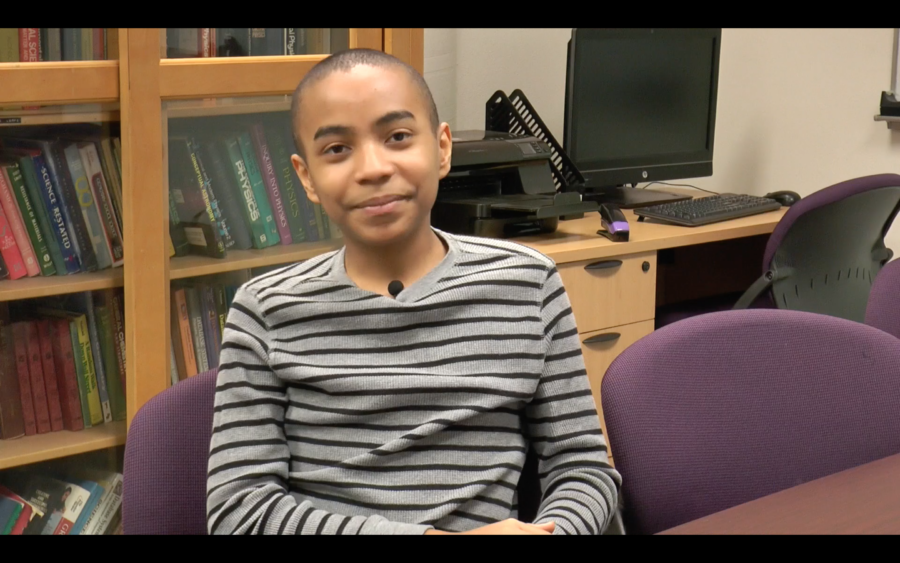With a home team playing a team from 1,600 miles away, not much was expected out of the inaugural PlainsCapital Fort Worth Bowl.
Thomas Starr, executive director of the PlainsCapital Fort Worth Bowl, said of the five bowl games hosted in Texas this season, only the Fort Worth Bowl did not sell out.
Tickets were priced at $40, $25 for students, and a $60 family package, which covered two adults and two children.
TCU’s Amon Carter stadium has 46,000 seats; 38,028 tickets were sold. An estimated 2,500 tickets went to the Boise State fans, Starr said.
“There is no reason why we cannot sell out,” Starr said. “Fort Worth offers all that one looks for in a bowl game.”
He continued to say that Fort Worth has premier hotels, great transportation, a traditional stadium, central location with respect to Big 12 schools and great football fans.
Starr said the game affected the community in two ways: exposure and economic impact.
“For three and a half hours the Fort Worth Bowl ran unopposed by any other football game,” Starr said.
He said not only did this show off TCU and its facilities, but during the breaks, ESPN also ran commercials for local businesses and upcoming events.
As for great economic impact, a bowl game has the potential to bring large profits to a community, affecting everything from gas stations to hotels to restaurants. Starr said, for Fort Worth, this will come in the future.
Dennis McFarlin, general manager of Blue Mesa Grill, said he agreed. He said that the restaurant did not see an increase in customers during the bowl game.
McFarlin attributes this to the participating teams. He said most TCU fans did not need hotel rooms or restaurants and that the 1,600 mile drive Boise State fans faced did not encourage many to make the trek, especially so close to the holidays.
“The Boise crowd probably did not have the opprotunity to be in town and hang out long enough,” McFarlin said.
Fortunately, Blue Mesa found other ways to take advantage of the bowl game. On game day it catered a banquet at TCU’s Dee J. Kelly Alumni and Visitors Center. The restaurant also sponsored the game, McFarlin said.
Other area businesses enjoyed greater benefits from the game.
“It sold us out,” said Todd Berry, manager of the Fort Worth Courtyard by Marriott. “We have a great relationship with TCU, being so close.”
Starr said the game also benefited the two teams involved, with each team receiving a minimum of $750,000. He said most of this money came from tickets sales.
More than anything, Starr said the ultimate goal of the inaugural Fort Worth Bowl was to make it the best game possible. As for future games, Starr said he sees the game bringing more revenue to local businesses and continuing exposure for the Fort Worth area.
“We will try to bring two exciting teams to the game every year,” he said.

